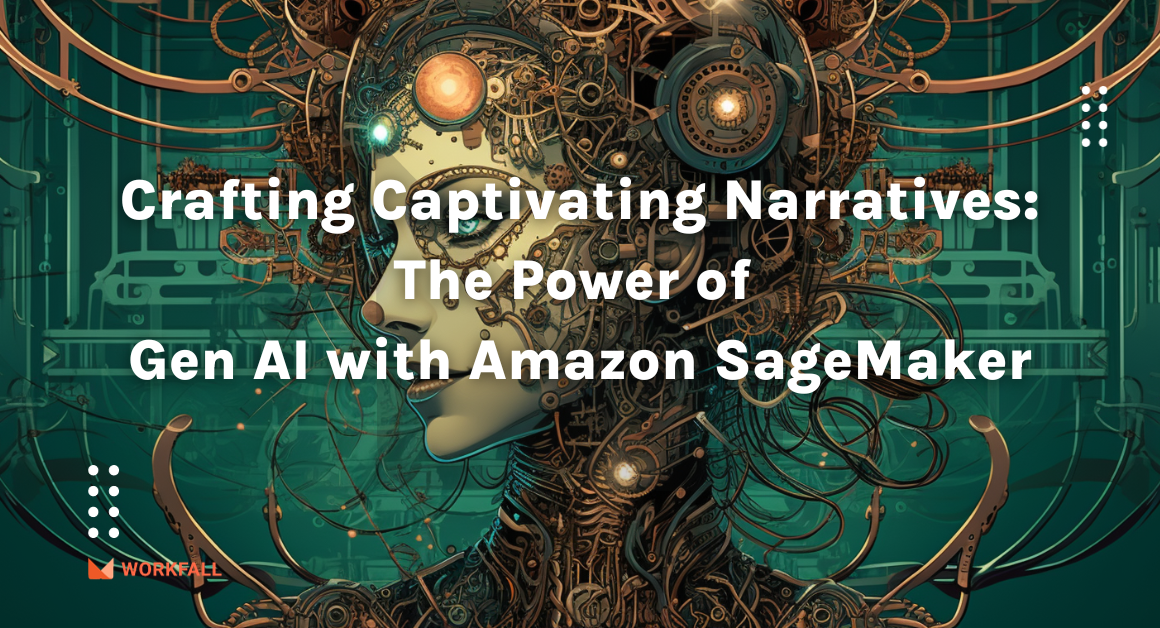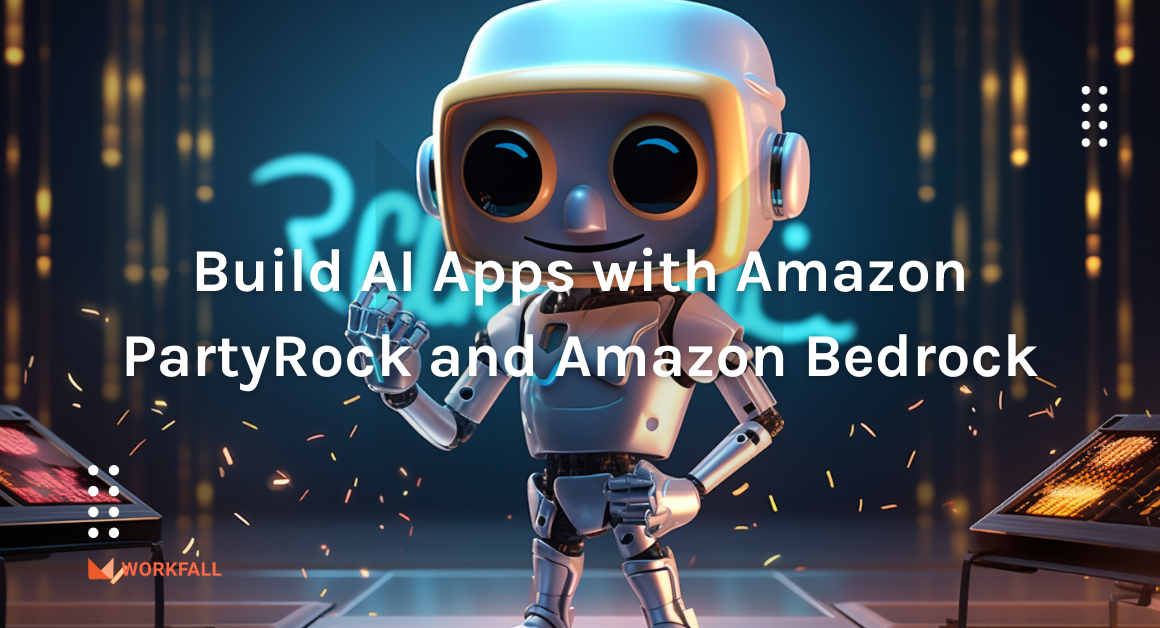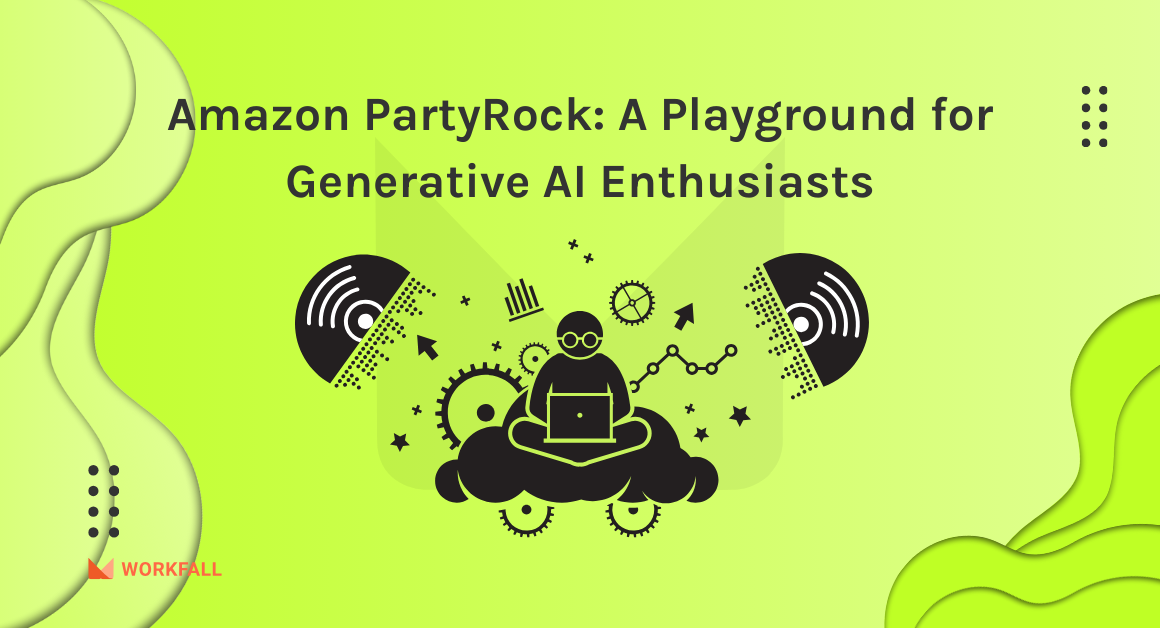Quantum computing is changing the way we live, work, and play. Quantum sensors, quantum information security, and quantum computing are all gaining traction, and the potential is already being realized. By 2030, the quantum computing market is expected to be worth $64.98 billion. In this blog, we will discuss Quantum computing and a fully managed quantum computing service Amazon Braket.
There are lots of computational problems which are beyond the reach of classical computers. Quantum computers are able to process information millions of times faster than classic computers. Quantum computing could transform areas such as chemical engineering, material science, drug discovery, financial portfolio optimization, weather forecasting, traffic optimization, and machine learning.
But to solve these problems, to program quantum computers requires new skills, which are difficult to acquire without easy access to quantum computing hardware. It removes these obstacles, allowing anyone to experiment with quantum computing with ease.
Amazon Braket is a great place to start learning about quantum computers and simulators.
You can design and build your own quantum algorithms from scratch or choose from a set of pre-built algorithms using it. Let’s explore Amazon Braket, a fully managed quantum computing service!
In this blog, we will cover:
- What is Quantum Computing?
- Quantum hardware technologies
- Quantum Computing Applications
- What is Amazon Braket?
- How does it work?
- Why should I use Amazon Braket?
- Applications of Amazon Braket
- Benefits of Amazon Braket
- Features of Amazon Braket
- Pricing
- Customers using Amazon Braket
- Conclusion
What is Quantum Computing?
Quantum computers are fundamentally different from traditional computers in the way they process data. Binary bits, or information processed in the form of ones or zeros, are used by traditional computers. Quantum computers, on the other hand, send data via quantum bits, or qubits, which can be one, zero, or both at the same time. That’s a simplification, and we’ll explore some nuances below, but that capacity – known as superposition – lies at the heart of quantum’s potential for exponentially greater computational power.
Traditional computers, such as smartphones and laptops, store data in binary “bits,” which can be either 0s or 1s. A quantum bit, or qubit, is the fundamental memory unit in a quantum computer.
Physical systems, such as the spin of an electron or the direction of a photon, are used to create qubits. Quantum superposition is a characteristic that allows these systems to be in several configurations at the same time.
Quantum computing is changing the way we live, work, and play. Quantum sensors, quantum information security, and quantum computers are emerging from laboratories all around the world, and we are already seeing enormous potential. Some real-world quantum computing applications in use – Traffic optimization by Volkswagen and D-Wave, Election modeling by Max Henderson, marketing and advertising applications by Recruit Communications, and traffic optimization and autonomous driving by Denso and Toyota.
Quantum Hardware Technologies
- Gate-based ion traps: Trapped ion quantum computers implement qubits using electronic states of charged atoms called Ions. The ions are confined and suspended in free space using electromagnetic fields.IonQ’s ion trap quantum computers are available through Amazon Braket.
- Gate-based superconducting qubits: Superconducting qubits are built with superconducting electric circuits that operate at cryogenic temperatures. Amazon Braket gives you access to quantum hardware from Rigetti, which uses superconducting qubits.
- Quantum annealing: Quantum annealing uses a physical process to find a low-energy configuration that encodes the solution of an optimization problem. Quantum annealing is a physical process that finds a low-energy configuration that encodes an optimization problem’s solution. Amazon Braket gives you access to D-quantum Wave’s annealing technology, which uses superconducting qubits.
Quantum computing Applications
What is Amazon Braket?
Amazon Braket, enables you to program quantum computers and explore potential applications. You can design your own quantum algorithms from scratch or choose from a set of pre-built algorithms. It provides fully managed circuit simulators that allow you to run your algorithms on classical High-Performance Computing (HPC) infrastructure to validate and test your implementation. You can run your algorithm on your choice of different quantum computers, or quantum processing units (QPUs).
Amazon Braket development environment helps you in exploring and building quantum algorithms, testing them on quantum circuit simulators, and running them on different quantum hardware technologies.
D-Wave, IonQ, and Rigetti all have quantum computing services that Amazon Braket supports.
How does it work?
Amazon Braket development has three aspects:
Build: Offers fully managed Jupyter Notebook settings to get you started quickly. Sample algorithms, resources, and developer tools, including the Amazon Braket SDK, are pre-installed on Amazon Braket notebooks. You can design quantum algorithms with the Amazon Braket SDK, then test and run them on various quantum computers and simulators by modifying a single line of code.
Test: Gives you access to quantum circuit simulators that are completely managed and high-performing. Your circuits can be tested and validated. To alleviate the strain of simulating quantum circuits on traditional HPC equipment, Amazon Braket manages all of the underlying software components and EC2 clusters.
Run: Gives users secure, on-demand access to several quantum computers. You have access to IonQ and Rigetti gate-based quantum computers, as well as a D-Wave quantum annealer. You don’t have to commit anything up front, and you don’t have to go through various providers to get access.
Why should I use Amazon Bracket?
Obtaining quantum computing gear is both costly and inconvenient. Limited access makes it difficult to run algorithms, optimize designs, assess the current state of technology, and decide when to invest resources for the greatest return. Amazon Braket can assist you in overcoming these obstacles.
A new set of skills is required to define quantum issues and programme quantum computers to solve them. Amazon Braket provides many settings for simulating and running quantum algorithms to assist you in gaining these skills. You can choose the strategy that best meets your needs, and you can get started right away with a collection of sample environments known as notebooks.
Applications of Amazon Bracket
Amazon Braket helps organizations begin exploring the potential of quantum technologies and programming tools by potentially providing radically different approaches to problem solving, while building useful quantum applications.
- Optimization: Optimization issues are present across several industries together with telecommunications, supply chain logistics, and financial services. Finding the best approach from a collection of alternatives will overwhelm classical computers because the variety of doable combos drives up complexness. Quantum computing may be accustomed to address a large variety of those issues, for example in the field of combinatorial optimization by accelerating linear programming algorithms and Monte Carlo methods. While future error-corrected quantum computers have provable speed-ups, near-term devices can be used to run heuristic algorithms which might already offer an advantage.
- Molecular simulation: The unique features of quantum computers and the ability to natively manipulate quantum mechanical states creates the potential to efficiently solve important problems such as describing the electronic structure of molecules. Although many approximation methods have been introduced, simulating quantum systems in physics and chemistry still represents a significant challenge for classical computers. Simulation of quantum systems will have broad applications including the design of new materials and catalysts, drug discovery, and the exploration of high-temperature superconductors.
- Quantum machine learning: Scalable error-corrected quantum computers can improve many widely used tools in machine learning including recommendation systems and support-vector machines for classification. Machine learning provides methods for systems to learn from data, identify patterns, and make decisions in an autonomous way. Quantum computing also has the potential of offering a richer class of learning models.
Benefits of Amazon Braket
- Experiment with different quantum computing technologies : Amazon Braket gives you access to a variety of different types of hardware, including quantum annealers and gate-based systems built on superconducting qubits and ion traps. Amazon Braket’s cross-platform developer tools provide a consistent experience so you don’t need to learn multiple development environments. This makes it easy to explore which quantum computing technology is the best fit for your applications.
- Run hybrid quantum and classical algorithms : With Amazon Braket, you can build and run hybrid quantum algorithms that combine quantum operations with optimization and other processes running on classical computers. Hybrid algorithms use an iterative approach to help mitigate the effect of errors inherent in todays’ quantum computing systems. Amazon Braket notebooks come pre-configured with PennyLane, an open source library that makes it easy to get started with hybrid algorithms.
- Get started quickly : Amazon Braket provides a single environment to build, test, and run quantum algorithms without having to set up and manage infrastructure, negotiate access with multiple quantum hardware providers, and write code to integrate different environments. Amazon Braket provides fully managed Jupyter notebooks that you can use to explore possible applications, visualize your results, and optimize quantum algorithms. You can choose from notebooks with pre-installed developer tools, sample algorithms, and tutorials that make it easy to get started quickly.
- Integrated cloud experience : Amazon Braket delivers quantum computing as an AWS Cloud service, so you can apply your organization’s cloud best practices, and also tap into elastic compute and machine learning capabilities from the same console. Native support for AWS security and management services simplifies access control, data protection, operational monitoring, and auditing.
Features of Amazon Braket
- Developer Tools: To construct quantum algorithms and manage experiments, you can use your own development environment or fully managed Jupyter notebooks in Amazon Braket. With Amazon Braket, creating notebooks is as simple as clicking a button. You may customise the notebook instance type to meet your performance needs, as well as security features like data encryption. The Amazon Braket SDK, PennyLane, and Ocean are among the quantum computing developer tools that come pre-installed on Amazon Braket notebooks.
- Simulators: With a single API call, you may execute a circuit on Amazon Braket simulators. A request to execute your algorithm on a simulator works in the same manner as a request to run on quantum hardware; you can switch from operating on a simulator to a real quantum computer by altering a single line of code. You also have a choice of three gate-based quantum circuit simulators to run and test quantum algorithms. These include: 1/ the local simulator that is included in the Amazon Braket SDK, 2/ the Amazon Braket SV1 managed simulator, and 3/ the Amazon Braket TN1 managed simulator. The local simulator and SV1 are general purpose quantum circuit simulators, whereas TN1 is only suitable for certain types of quantum circuits.
- Quantum Computers: Both annealing and gate-based quantum computers are available through Amazon Braket. You can receive trapped-ion technology from IonQ and superconducting quantum computers from Rigetti if you follow the gate-based quantum computing paradigm. Alternatively, you can use D-latest Wave’s QPUs to address quantum annealing difficulties. This allows you to experiment with alternative technologies, evaluate the compute performance of several machines for the problem you’re attempting to solve, and select the hardware system that’s most suited to your needs.
- Expert Help: The Amazon Quantum Solutions Lab is a collaborative research and professional services initiative staffed by quantum computing professionals that can help you better understand quantum computing and evaluate its present performance. You can also collaborate with our experienced technology and consulting partners in the AWS Partner Network (APN) who specialise in quantum computing applications and can assist you with your specific needs.
- Management and Security: Amazon Braket integrates with AWS services including Amazon CloudWatch, AWS CloudTrail, Amazon EventBridge, and AWS IAM to offer workload monitoring, task completion alerts, and access control and permission management. Your simulation and quantum job results are supplied to an Amazon S3 bucket of your choosing for storage and analysis, providing you complete control over your data.
Pricing
Amazon Braket provides access to quantum computers, managed simulators that simulate quantum circuits, and managed notebook development environments. You’ll be charged separately for each of these features, as well as any other AWS services you use with Amazon Braket, such as Amazon S3 for storing quantum computation results.
Moreover, you define how many shots you want included in a task when you submit the task to Amazon Braket. Per-task pricing is the same across all QPUs. Pricing for each hardware provider and QPU is in the table below:
Customers using Amazon Bracket
Conclusion
In this blog, we have discussed Amazon Braket as a fully managed quantum computing service. We have discussed its benefits, features, how it works, customers & pricing. We will demonstrate how to create and simulate a Simple Circuit using Amazon Braket in our upcoming blog. We will also demonstrate Quantum Machine Learning with Amazon Braket to create a Binary Classifier in our upcoming blogs. Stay tuned to keep getting all updates about our upcoming new blogs on AWS and relevant technologies.
Meanwhile …
Keep Exploring -> Keep Learning -> Keep Mastering
This blog is part of our effort towards building a knowledgeable and kick-ass tech community. At Workfall, we strive to provide the best tech and pay opportunities to AWS-certified talents. If you’re looking to work with global clients, build kick-ass products while making big bucks doing so, give it a shot at workfall.com/partner today.


